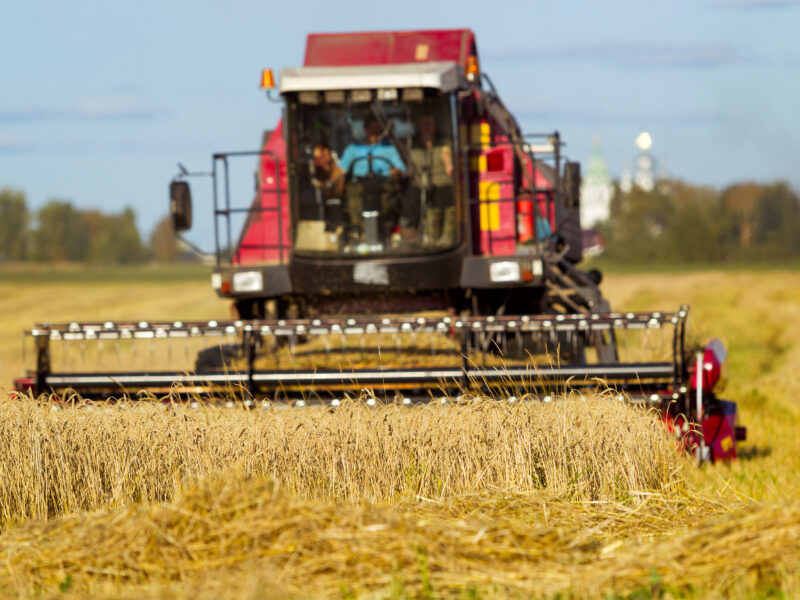Research + White Papers
Research
Mapping Food Sustainability in Canada: Addressing Food Insecurity and Skills Pathing to the Agriculture Sector
Community food production through gardens and greenhouses has gained traction to address food insecurity, and offer skills pathing and sector visibility for agriculture and agrifood careers. In this report, the authors mapped the current ecosystem of food sustainability initiatives to understand the current coverage of food sustainability programs in Canada.
Research
Technology and Agriculture: Adoption and Barriers
Without explicit educational support, small and midsize enterprises (SMEs) and diverse-owned agribusiness may be left out of the AgTech revolution. Skills-based supports are needed to maintain market competitiveness and ensure technology literacy and adoption issues are equalized—not accentuated—among groups.
Research
Supporting Rural Agriculture Entrepreneurship: Reframing the Discourse
This research examined how agriculture sector stereotypes impair the growth and sustainability of the sector. Rural agriculture entrepreneurs face several challenges more than traditional businesses.
Research
Learning from Place-Based Approaches on the Road to Net Zero : International Lessons in Skills Training and Workforce Development
Global and Canadian efforts to reduce greenhouse gas emissions and shift away from fossil fuels have created a central policy question: How can workers, sectors and regions adapt and develop the skills needed for a low-carbon future?
Research
Skilled Trades and Entrepreneurship: The Need for Business Competencies
This report set out to explore two questions: 1) To what extent should entrepreneurship be recognized as a critical dimension of the skilled trades, and 2) which competencies are most essential for entrepreneurs in the skilled trades to succeed?
Research
Greenification of SMEs
This report provides an investigation of existing competency frameworks for green skills in order to identify a framework suited to SMEs. We found current frameworks typically focus on new workforce training and large-enterprise models, and lack consideration of Canadian-specific regulations, smaller organization structures and accessible technical skills.
Research
Equity, Diversity and Inclusion Backlash? What Canadian Workers Really Think
There has been limited data about how Canadian workers themselves feel about increased EDI workplace scrutiny and backlash. Our research reveals that despite some vocal opposition, the data shows that most Canadians view EDI measures in the workplace positively, with strong support among equity-deserving groups, younger workers and those with positive job experiences.
Research
Do Immigrants Cause Higher Housing Prices? Myths and Realities about Immigrants, Housing and the Labour Market
This research finds that while there is a correlation between immigration and housing price increases, immigration is not necessarily the primary cause.
Research
The Productivity Potential of Automation Technologies
Automation technologies present Canadian businesses with opportunities for improved productivity, labour efficiencies, and growth. Adopting automation technologies will change how industries operate, including the types of jobs and skills needed.










